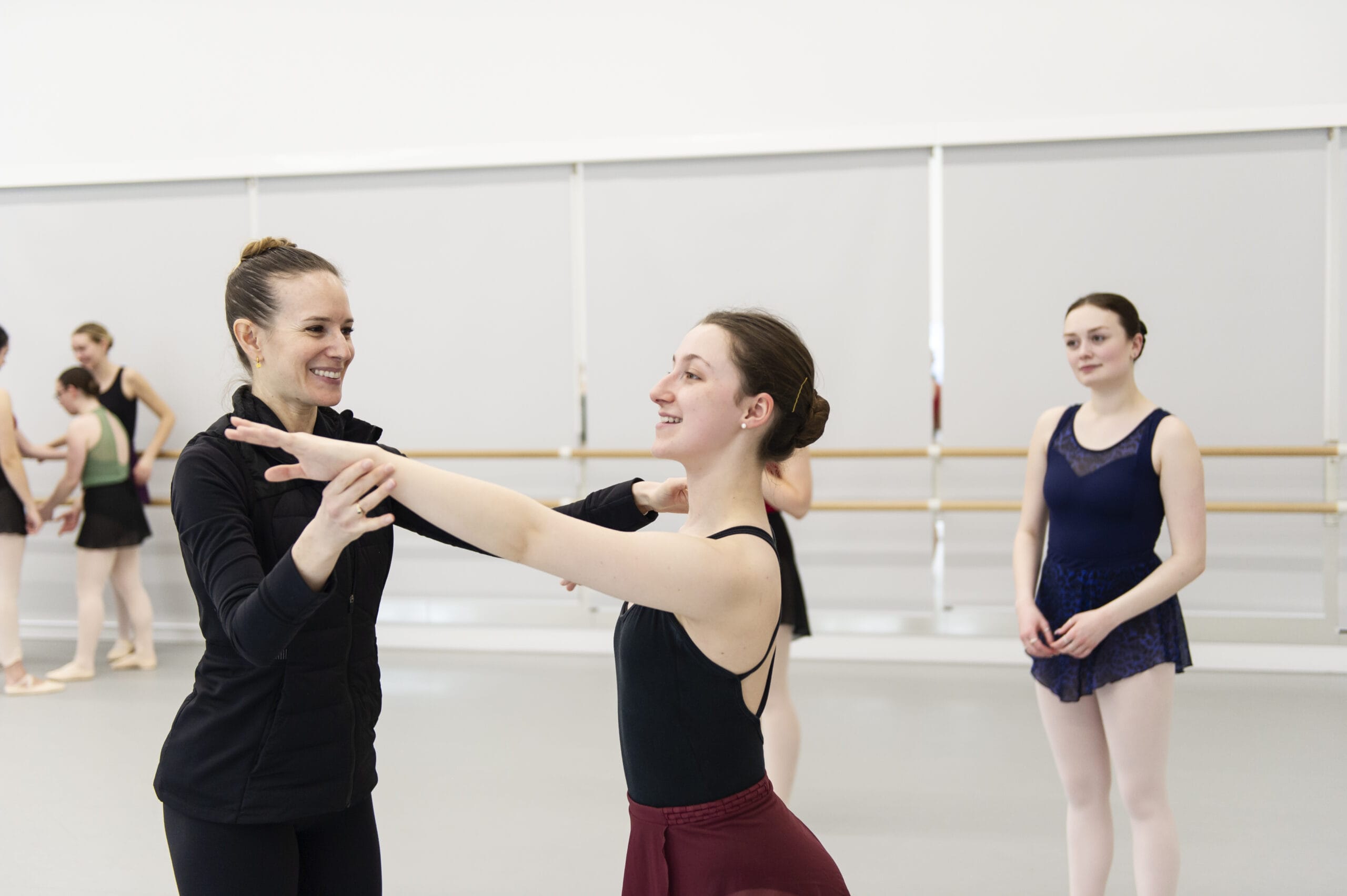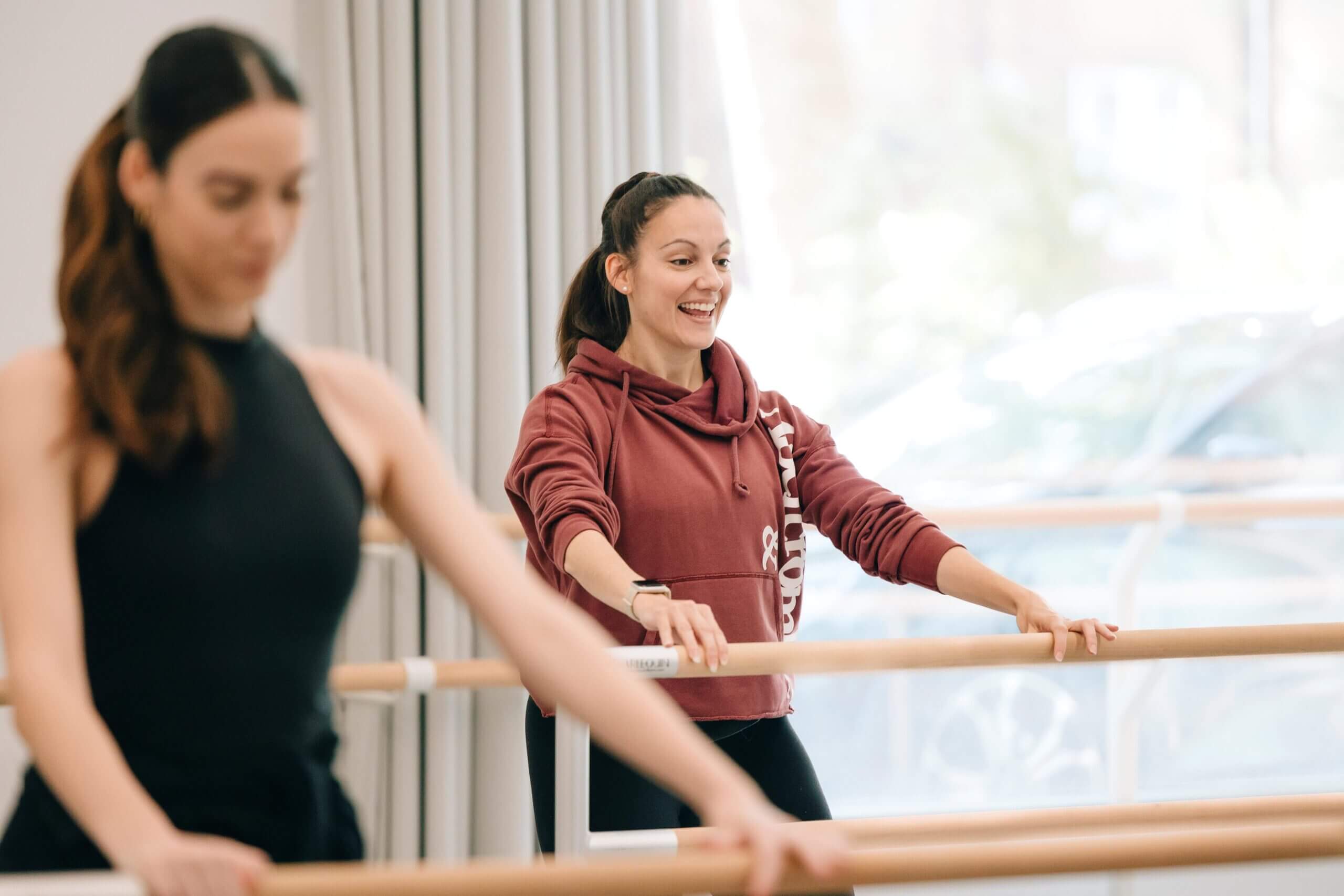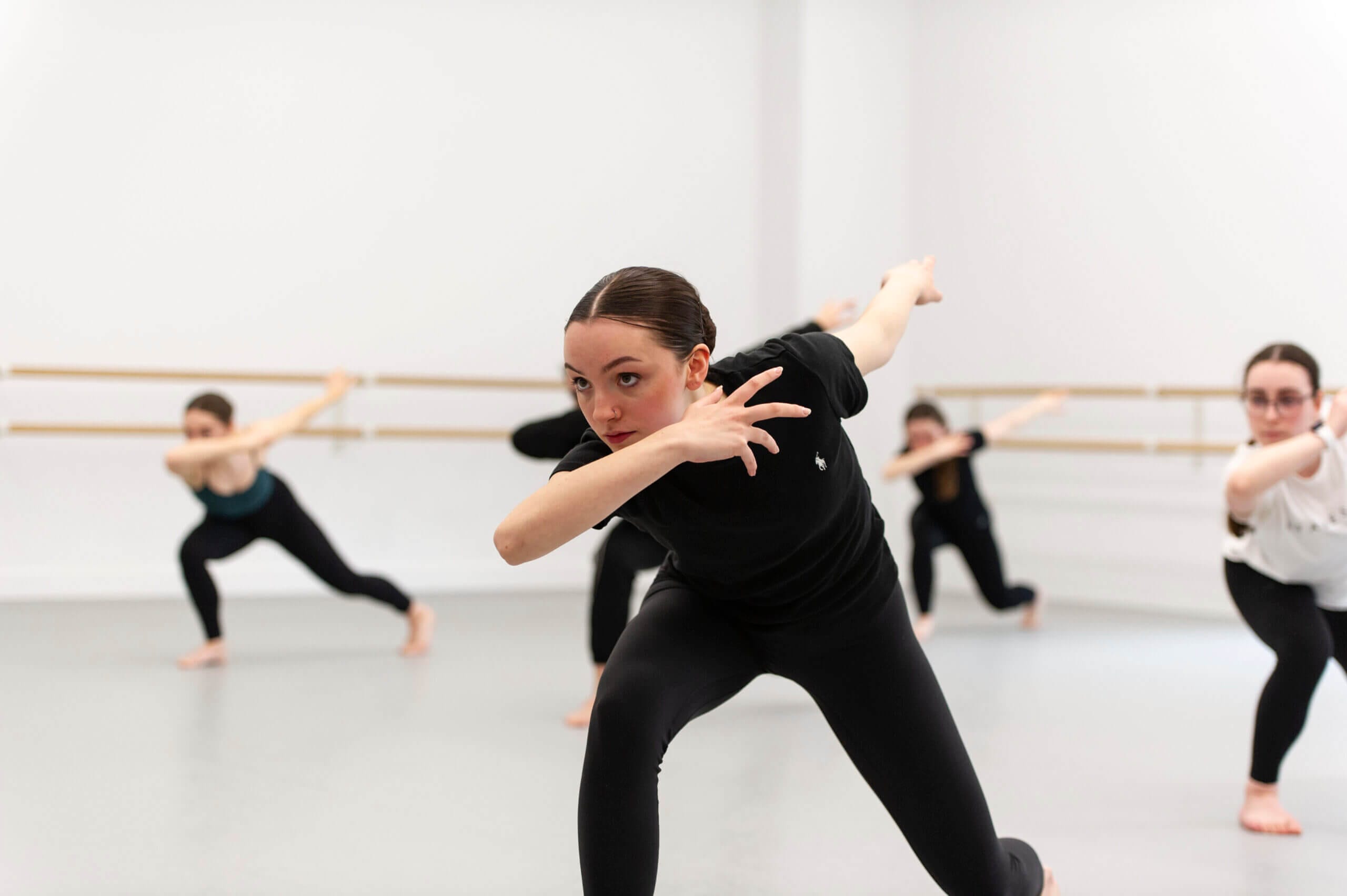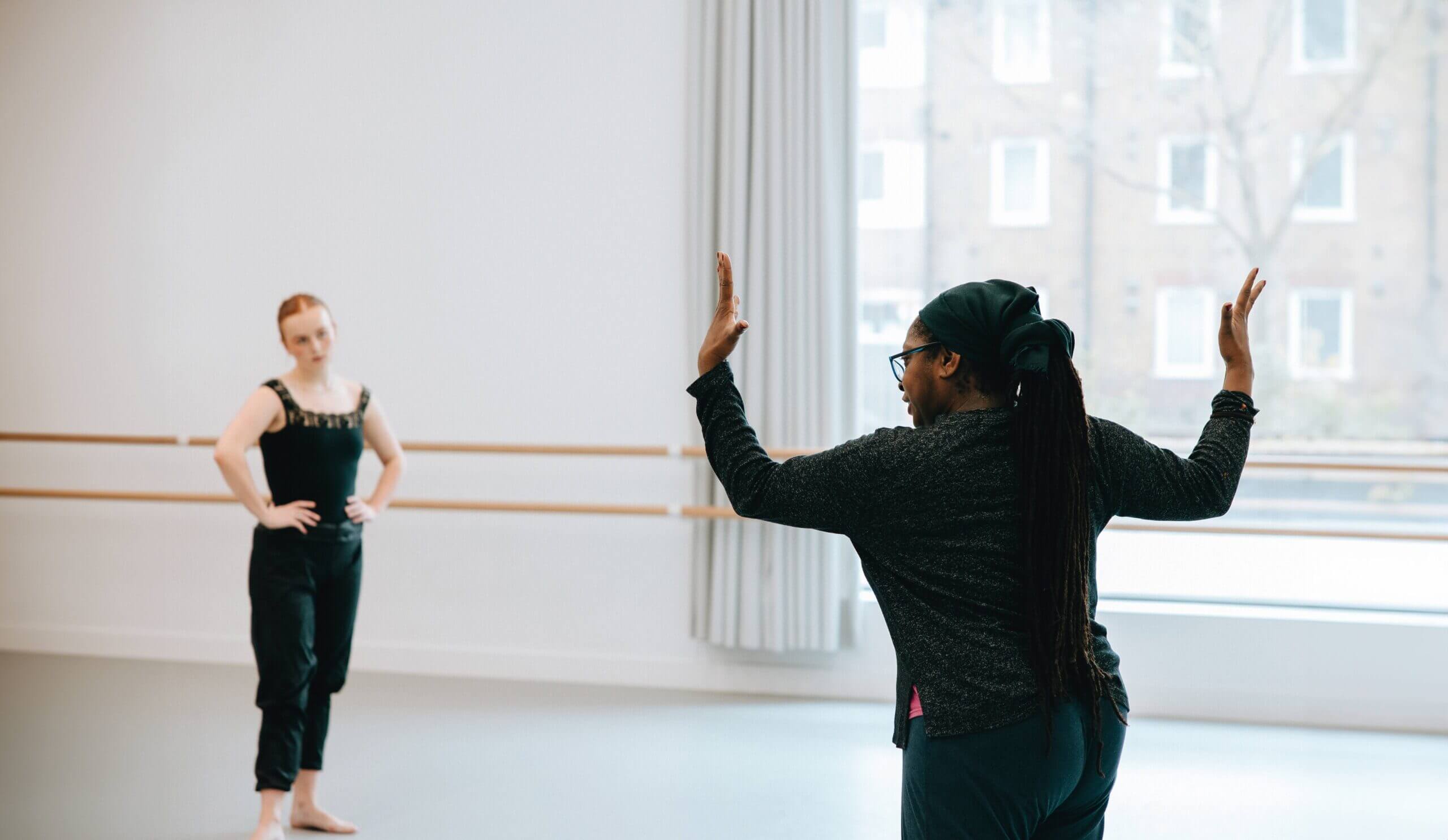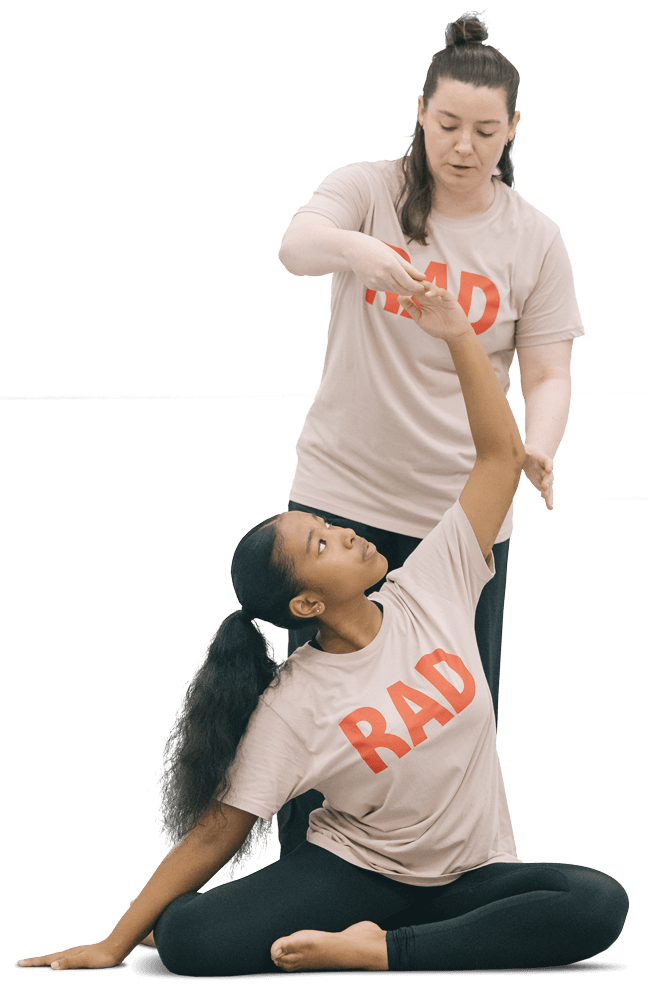Study dance onsite or by distance learning
Students come from far and wide to study dance at our headquarters in London. We also offer many distance learning programmes letting you study online and be a part of our community, wherever you are in the world.

Learn more about our dance teacher training options
We host open days, experience days, and webinars to help you find out more about our programmes to study dance. Our regular onsite events in London let you meet our staff and students and tour our amazing facilities where you will learn to teach dance. If you can’t travel to London, why not join one of our online information webinars?
Events
-

Global Certificate in Dance Teaching (Ballet) – Information Webinars
Tuesday 20 May 2025 – Tuesday 22 July 2025
20 May – 9am & 4pm (BST)
8 June – 11am (BST)
24 June – 9am & 4pm (BST)
8 July – 10am (BST)
22 July – 3pm (BST)Free

You may also be interested in…
-
Global Certificate in Dance Teaching (Ballet) – Information Webinars
Tuesday 20 May 2025 – Tuesday 22 July 2025
20 May – 9am & 4pm (BST)
8 June – 11am (BST)
24 June – 9am & 4pm (BST)
8 July – 10am (BST)
22 July – 3pm (BST)Free
-
Professional Dancers’ Graduate Teaching Diploma – Information Webinars
Thursday 29 May 2025 – Tuesday 16 September 2025
29 May – 4pm (BST)
1 Jul – 10am (BST)
7 Aug – 4pm (BST)
16 Sept – 10am (BST)
Free
-
BA (Hons) Dance Education: Everything You Need to Know Before You Apply
Monday 7 July 2025 – Monday 14 July 2025
7 Jul – 1pm (BST)
14 Jul – 10.30am (BST)Free

“The guidance and support from teachers has been vital to my growth and equipped me with the tools and confidence to follow in their footsteps.”
Widening access to study dance
We want to open up opportunities to learn to teach dance. Along with flexible, part-time study, we offer a foundation module for students without the equivalent A Levels, part-time access routes to Registered Teacher Status, and an Assistant Teacher Award for 14 to 18-year-olds. We also offer bursaries for some of our programmes to help you study dance. Find out more below.
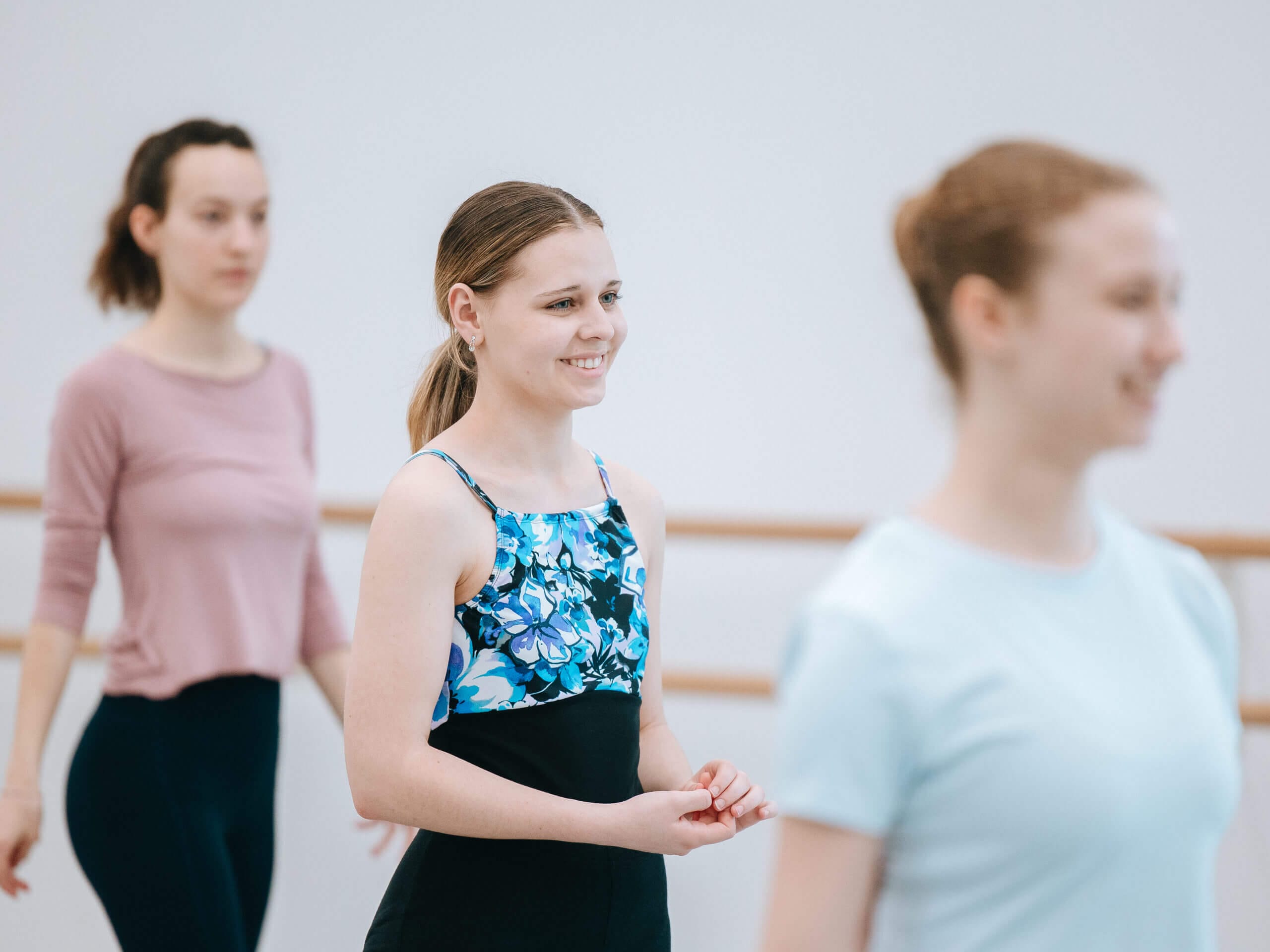
Foundation Module
The Foundation Module is available for applicants who reside in countries that do not have the equivalent of A-Levels and allows students to meet the criteria for undergraduate access to the BA (Hons) Ballet Education and BA (Hons) Dance Education programmes of study.
Assistant Teacher Award
The Assistant Teacher Award is aimed at 14–18-year-old dance students wishing to take their first steps towards a career in dance teaching.
Bursaries
We are committed to providing support to students who wish to develop their skills and knowledge by beginning or continuing with existing studies. The limited bursaries and hardship funds that we have available will assist those most in need, to ensure the widest participation of students in our programmes.
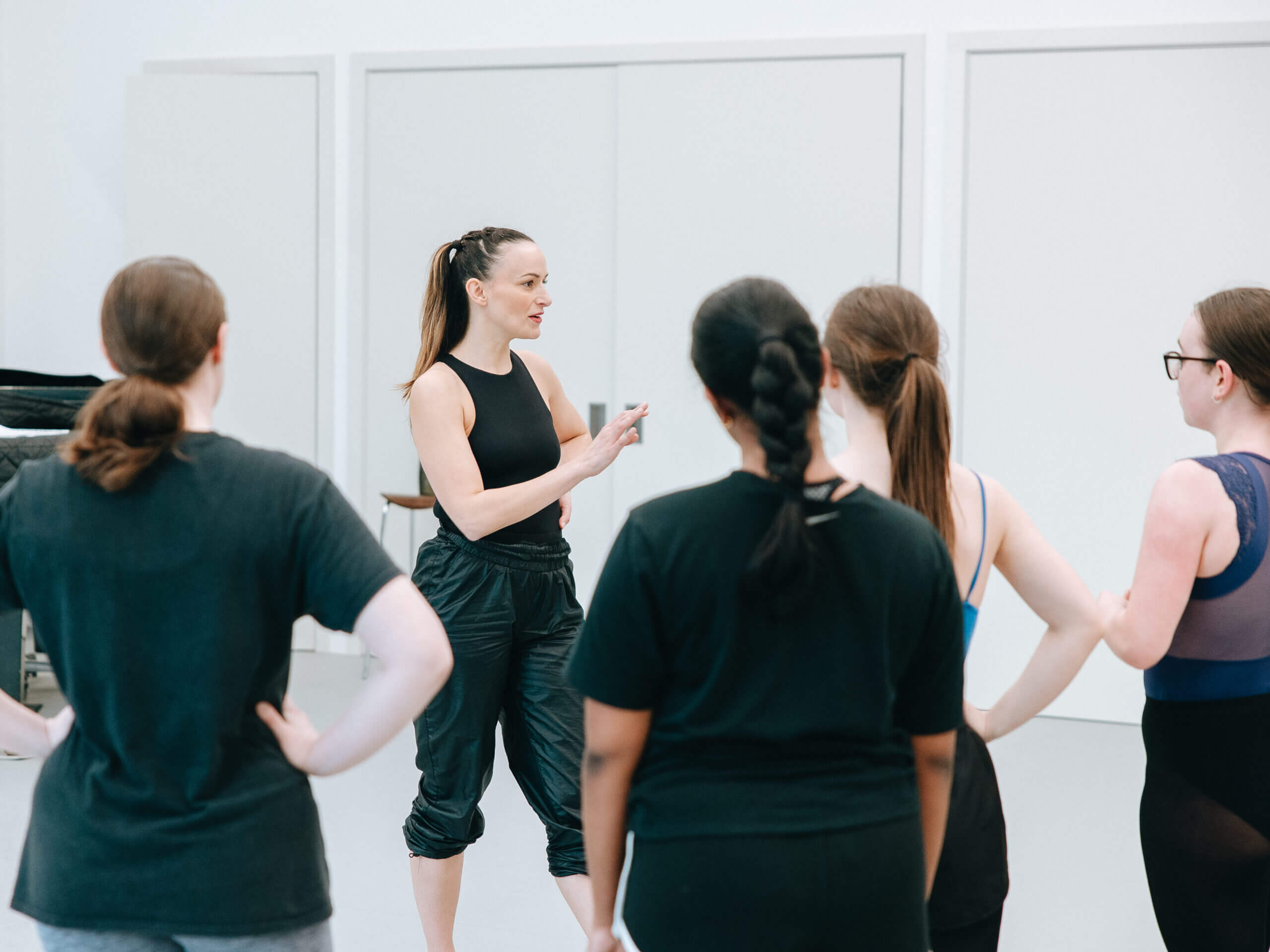
Access routes to Registered Teacher Status
RAD Registered Teacher Status (RTS) opens the door to a range of benefits designed to take your teaching to the next level, bringing recognition wherever you are in the world.

Fill out this form to download a free copy of our brochure
"*" indicates required fields
Student accommodation
While we don’t offer accommodation at RAD headquarters, we have partnered with urbanest. They provide purpose-built student accommodation in Battersea, overlooking the Thames, with easy access to central London and the RAD.
Graduation
Our annual RAD Graduation Day completes your dance education journey. This is a wonderful celebration to share with friends, family, and fellow students.
More details on ceremony timings, tickets and dress code will be available in April 2025.
Show your support by sharing your well wishes across social media using the hashtag #ProudToBeRAD.
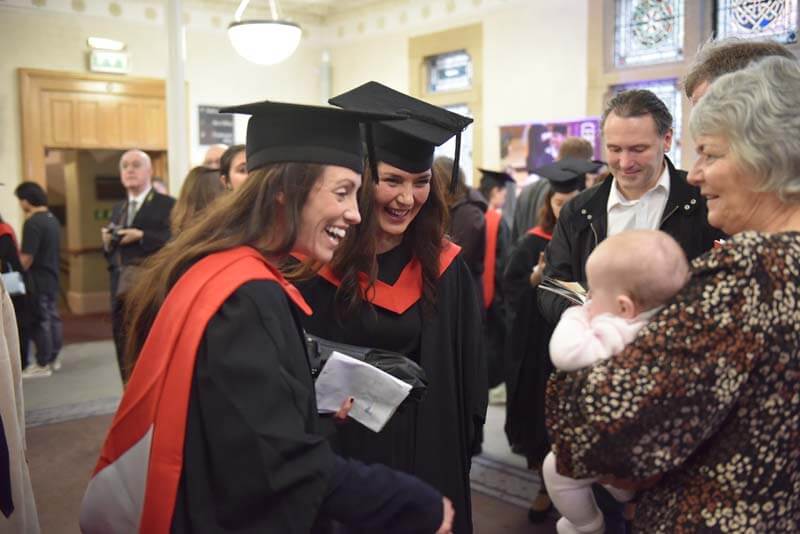
Other links you may find useful
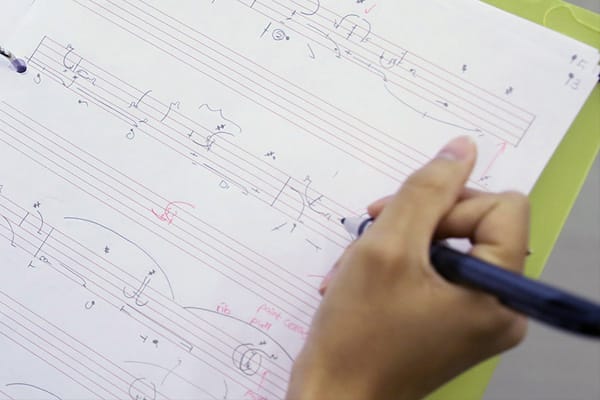
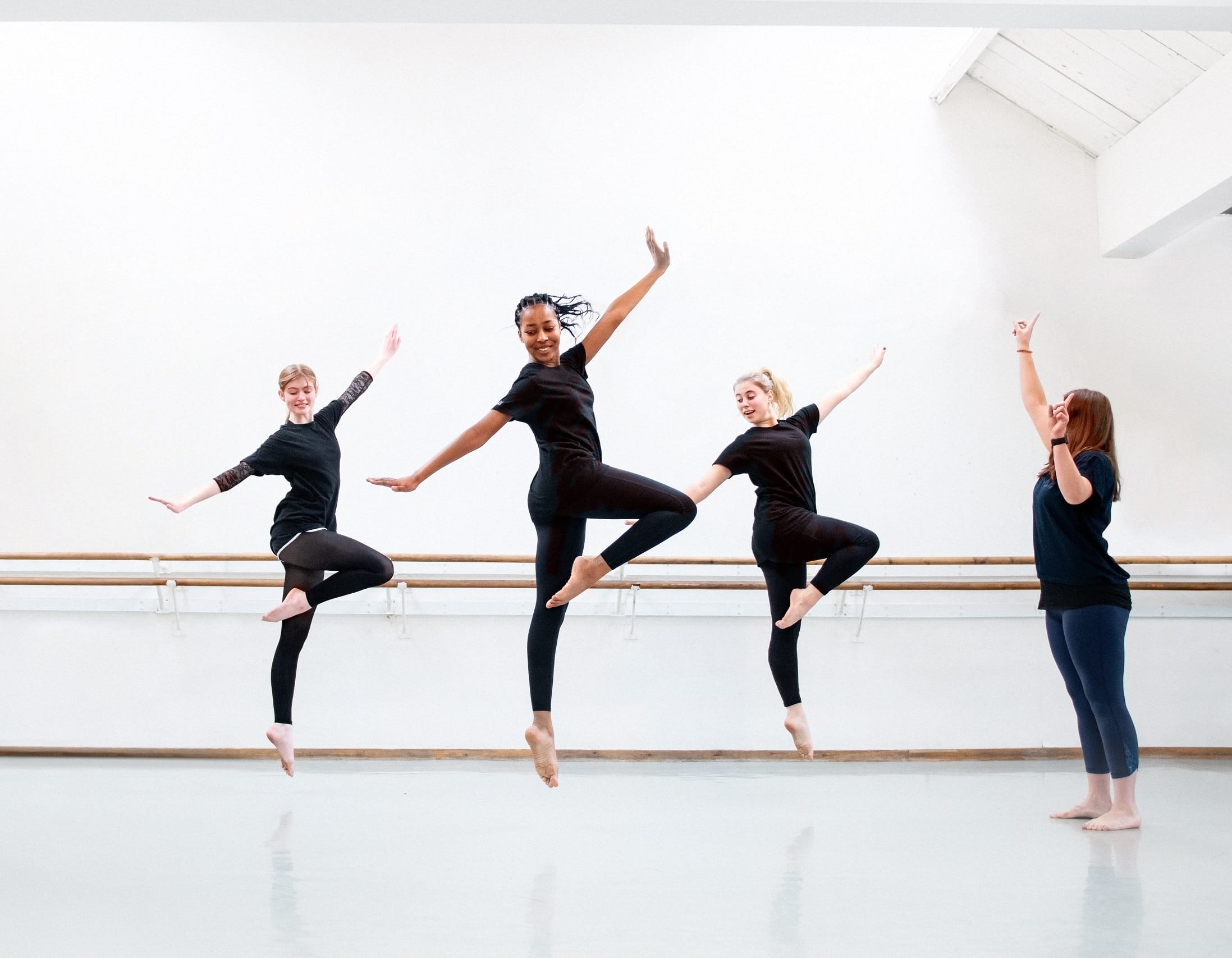
You may also be interested in…

Continuing Professional Development (CPD)
As an RAD Registered Teacher, you are required to complete a certain amount of CPD hours each year to refresh, nurture, and grow your teaching abilities.
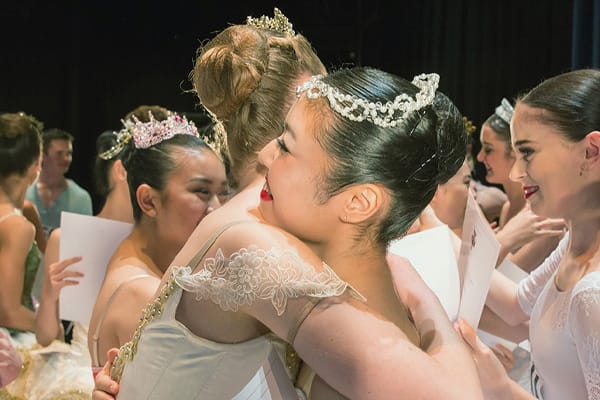
Bursaries
We are committed to breaking down barriers to dance and are excited to be able to offer new bursaries. Whether you want to take a class, or an exam, or compete at the prestigious Margot Fonteyn International Ballet Competition, we have a bursary to support you.

Subscribe to our mailing list
- Be the first to hear about our news and events
- Choose the type of news that interests you
- Get discounts from the RAD shop

